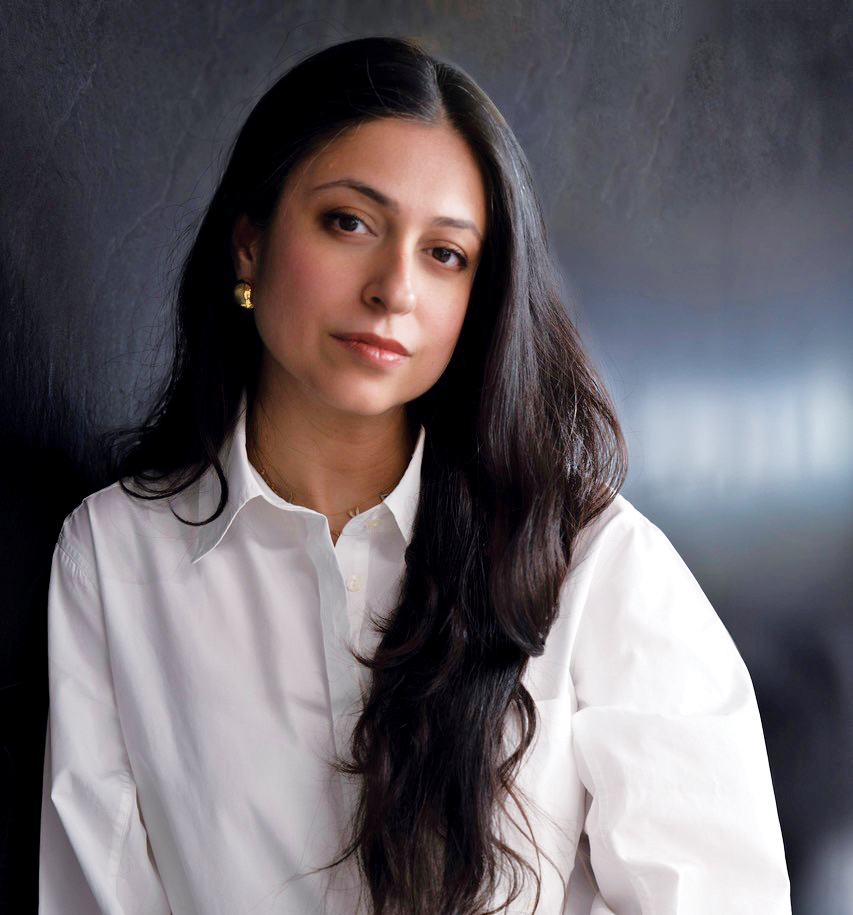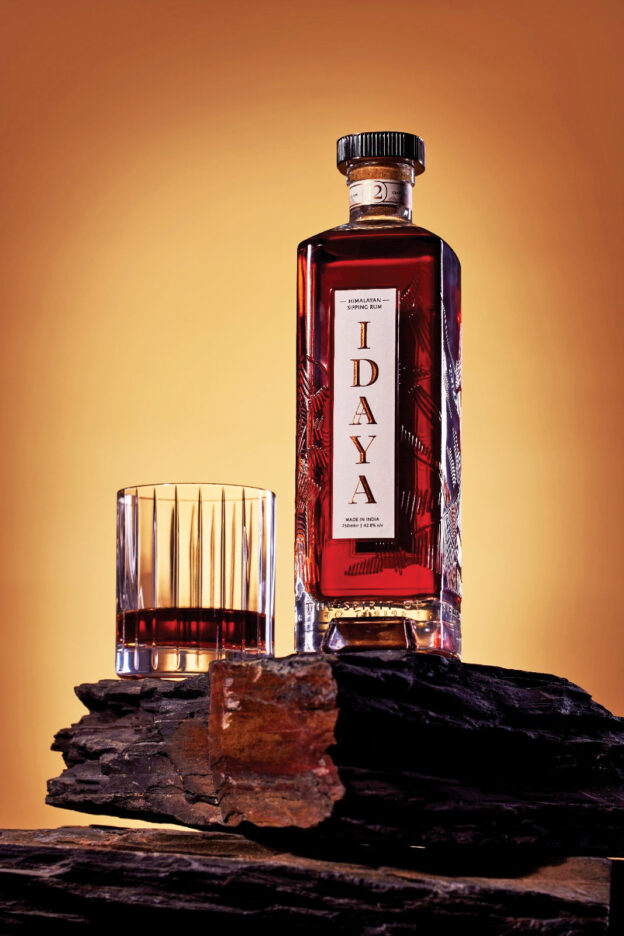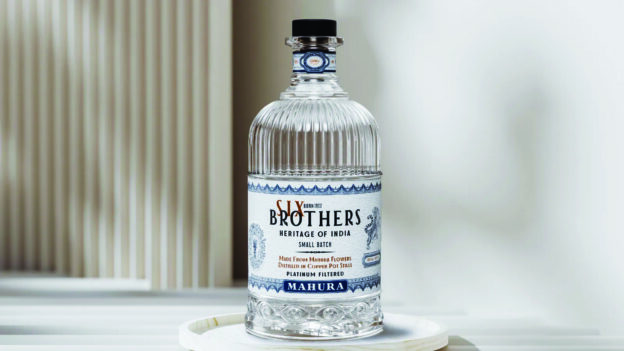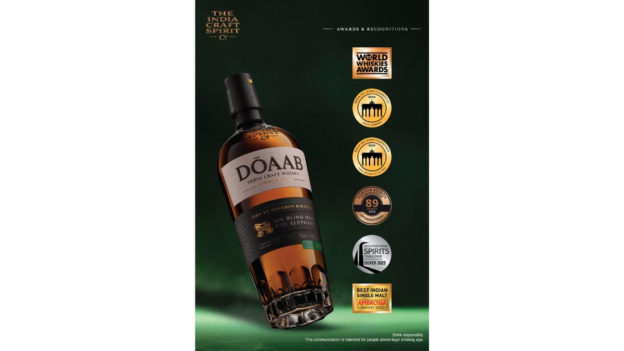Karishma Manga Bedi, Founder and CEO, Those Good Distillerss talks about IDAAYA, the multi- award-winning Himalayan sipping rum from India’s artisanal spirits house, Those Good Distillerss. Those Good Distillerss, as the brand marks a significant milestone with its retail debut in Gurgaon.

IDAAYA is a small batch production rum that is made unhurriedly and uncompromisingly. Karishma Manga Bedi, “We use ancient Indian methodologies in our processes that is accompanied with the best-in-class Solera method to bottle our rum. The end result is a product that is highly nuanced and upon tasting is a true discovery.
The creation and launch of IDAAYA was an audacious move, one that created curiosity for it and aided a steady growth in Travel Retail especially when benchmarked against international brands. Repeat consumption has allowed us a small but growing base for loyal patrons for whom the exceptional quality of our spirit has strongly resonated.
Our vision at Those Good Distillerss, is to create speciality spirits, those that represent India or those that bring the best to India. Spirits that are crafted without compromise and are compelling in their story and taste. We create for joy and passion and are committed to deliver an elevated experience with IDAAYA and our new spirits that will be revealed in the near future.
At IDAAYA, we have taken the best of the age-old and new world techniques to create a rum that has exceptional character. During our research we found that the oldest reference to a drink made by fermenting and distilling a drink from sugar cane juice was done in India. Our ancient books, the Arthashastras make reference to this as a kind of Amlasidhu. Inspired by this, we are using two techniques to treat our casks, which is proprietary to IDAAYA, Lepam and Dhoopam. Historically, these were done to treat, disinfect and close gaps in the casks. Such treatments also allow the casks to take on distinct characteristics basis the ingredients used, which in this case are all indigenous to India. Additionally, we work with Sal wood casks for our Solera bottling which is indigenous to India and also grows at the base of the Himalayas.
From the onset, our vision has always been to build brands that elevate the spirits experience. IDAAYA has aimed to do just that by ensuring the use of ancient Indian philosophy and technique in how our liquid is treated, the beauty of our decanter like bottle with the Himalayas flutter across it, and the narrative for our brand which is proudly from India. This modern representation of India has to be taken the world stage where is sits right next to some of best brands from across the world. Today, there is an appreciation for a sensibility that is modern in context yet rooted in culture and I think the appeal for this is evident with the Indian and International Awards that the brand has been awarded in the year since its inception.
IDAAYA has also won many International prestigious awards, those that have been judged by Industry leaders and consumers alike including a Double Gold at the SIP Awards USA, Gold at International Spirits Challenge, The Rum and Cachaca Masters, Silver at The Asian Spirits Masters, London Spirits Competition and Bronze at The International Wines and Spirits Competition, World Rum Awards and San Francisco World Spirits Competition.
The brand is currently available across Travel Retail at Duty Free in New Delhi, Mumbai and Bangalore. In addition to this Haryana is the first state in India where IDAAYA is currently available. It will be available across key metros in 2026.





